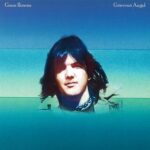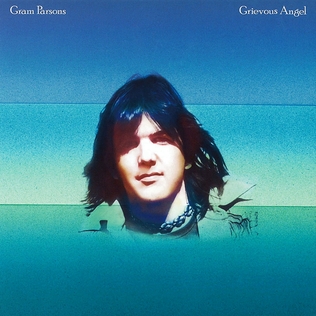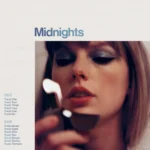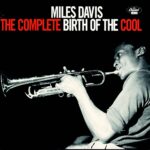 Gram Parsons’ “Grievous Angel,” released in 1973, stands as a poignant and timeless testament to the artist’s unique blend of country, rock, and folk influences. It serves as a bittersweet final chapter in Parsons’ tragically short career, showcasing his emotive songwriting, soulful vocals, and the unmistakable sound of his backing band, The Fallen Angels.
Gram Parsons’ “Grievous Angel,” released in 1973, stands as a poignant and timeless testament to the artist’s unique blend of country, rock, and folk influences. It serves as a bittersweet final chapter in Parsons’ tragically short career, showcasing his emotive songwriting, soulful vocals, and the unmistakable sound of his backing band, The Fallen Angels.
The album opens with the enchanting title track, “Grievous Angel,” which sets the tone for the entire record. Parsons’ vocals soar with a blend of vulnerability and conviction, accompanied by the lush arrangements that seamlessly merge country twang with rock sensibilities. The song serves as a fitting introduction to Parsons’ signature sound, rooted in the rich traditions of country music while embracing a more contemporary approach.
One of the standout tracks on the album is the heartbreaking “Brass Buttons,” a tender ballad that showcases Parsons’ introspective songwriting and deeply personal storytelling. The delicate instrumentation, including pedal steel guitar and gentle piano, perfectly complements the poignant lyrics, creating a melancholic atmosphere that lingers long after the song ends.
The album also features notable collaborations, including Emmylou Harris, whose exquisite harmonies can be heard throughout. Their duet on “Love Hurts” is a standout moment, blending their voices in perfect harmony to convey the emotional weight of the lyrics. The chemistry between Parsons and Harris is evident, adding an extra layer of depth and beauty to the songs they share.
“Grievous Angel” also showcases Parsons’ ability to infuse traditional country sounds with a rock ‘n’ roll edge. Tracks like “Ooh Las Vegas” and “Hickory Wind” exhibit the rollicking energy of a honky-tonk bar, with Parsons’ passionate vocals leading the way. The band provides a solid foundation, blending elements of country and rock seamlessly, creating a sound that is both familiar and refreshingly original.
One of the album’s highlights is Parsons’ heartfelt cover of The Louvin Brothers’ “Cash on the Barrelhead.” The song showcases his reverence for the roots of country music, paying homage to the past while infusing it with his own unique style. Parsons’ sincere delivery and the band’s tight instrumentation capture the essence of the genre and honor the spirit of the original recording.
Lyrically, “Grievous Angel” delves into themes of heartbreak, longing, and the fleeting nature of love. Parsons’ poetic storytelling and introspective musings bring a sense of honesty and vulnerability to the songs. Whether he’s reflecting on lost love in “Hearts on Fire” or exploring the complexities of relationships in “In My Hour of Darkness,” Parsons’ lyrics strike a deep emotional chord.
Production-wise, “Grievous Angel” strikes a balance between capturing the raw, organic feel of Parsons’ performances and providing a polished, studio sound. The arrangements are tastefully layered, with each instrument finding its place within the mix. The album’s production allows the music to breathe, accentuating the nuances of Parsons’ vocals and the rich tapestry of sounds created by the band.
In summary, Gram Parsons’ “Grievous Angel” is a remarkable album that solidifies his status as a pioneer of the country-rock genre. It serves as a testament to Parsons’ artistic vision and showcases his ability to blend musical styles while staying true to the roots of country music. The album’s heartfelt lyrics, soulful vocals, and exceptional musicianship make it a timeless and essential addition to any music collection, leaving a lasting impact on listeners who are drawn to its emotional depth and captivating sound.
This post has already been read 284 times!

























